An expedition as defined by my dictionary is “a journey or voyage undertaken by a group of people with a particular purpose.” Especially, it goes on to clarify, “that of exploration or war.” Perhaps that’s why, 10 years ago, when I was preparing to paddle home to Hamilton, Ontario, after my last day of university in Thunder Bay, I thought I needed to have a cause and gather sponsorship.
After five years of driving the north shores of Lake Superior, Lake Huron and Georgian Bay, I wanted to paddle the waters I’d only dipped my toe into before getting back be- hind the wheel. I spent the winter dehydrating vegetables, tracing the Great Lakes coastlines with a piece of string and writing sponsorship proposals.
With the effort spent gathering sponsorship I could have bought a lawn mower and raised enough money cutting grass to do the trip for its own sake, but somehow having a cause higher than avoiding the nagging voice of real life seemed to legitimize my efforts. I thought I needed to justify three and a half months on the water, an entire summer, something no one in their right mind would do without a reason.
The fact is, kayak expeditions as traditionally defined by their external purposes are coming to an end.
Unless we find water on Mars, we are running out of places to explore. And although kayaking, like canoe- ing, downhill skiing and mountain biking, remains a part of the training of the Canadian Forces (in case the federal government needs to storm the beaches of Nunavut using the War Measures Act?) true kayak jour- neys for the purpose of war are few.
We’re left trying to contrive new purposes for our expeditions—pub- lic awareness campaigns, fundrais- ing, television contracts, being the first or the fastest. It may be that the only difference between modern expeditions and plain old trips is that expeditions have corporate sponsors and satellite phone interviews with the press.
So it was with my trip, which became the Stay Afloat Expedition. We met Colleen Omeara at the Department of Fisheries and Oceans, who suggested we turn our trip into a safe boating mission, which she would use in a summer-long Coast Guard safe boating campaign complete with TV, radio and newspaper media stops along the way.
I often wondered if talking to school kids about boating safety was enough of a purpose. It certainly wasn’t as grand as exploration
or war, and there are more worthy causes—Simon Osborne circumnavigated Britain and then Ireland raising money because his brother died of leukemia. I thought about a possible fundraiser for the Heart and Stroke Foundation—“Three mil- lion strokes for heart disease.”
But maybe I didn’t need a purpose at all.
We can take a lesson from Forrest Gump who, in the movie of the same name, became a national celebrity when he ran around the country continuously for three years. When reporters asked why he was running he said, “For no particular reason. I just kept on going. I ran clear to the ocean. And when I got there, I figured, since I’d gone this far, I might as well turn around, just keep on going. When I got to another ocean, I figured, since I’d gone this far, I might as well just turn back, keep right on going.”
I think I’ll call my next big paddling trip the It-Seems-Like-Fun Expedition, and the purpose will be the joy of embarking on a long journey without an extrinsic purpose. Watch for it. I’ll be giving interviews with the press via sat phone.
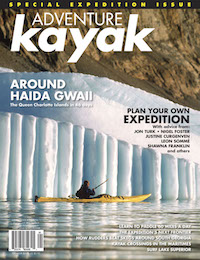 This article first appeared in the Spring 2006 issue of Adventure Kayak Magazine. For more great content, subscribe to Adventure Kayak’s print and digital editions here.
This article first appeared in the Spring 2006 issue of Adventure Kayak Magazine. For more great content, subscribe to Adventure Kayak’s print and digital editions here.

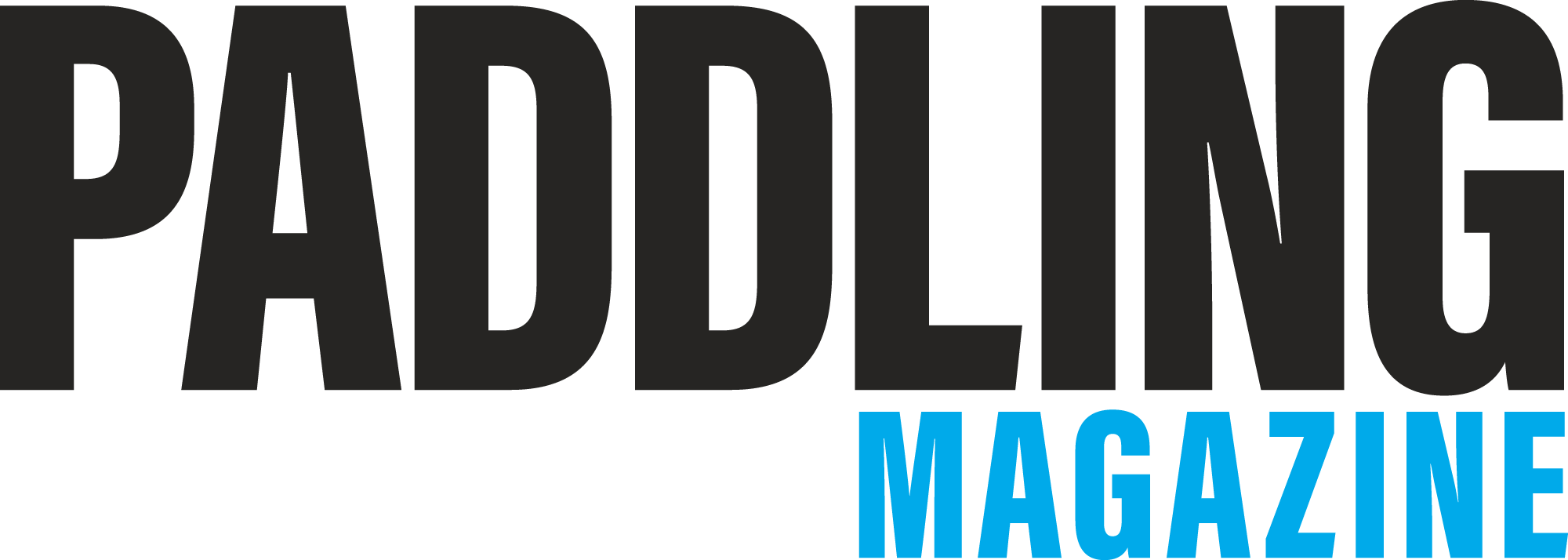

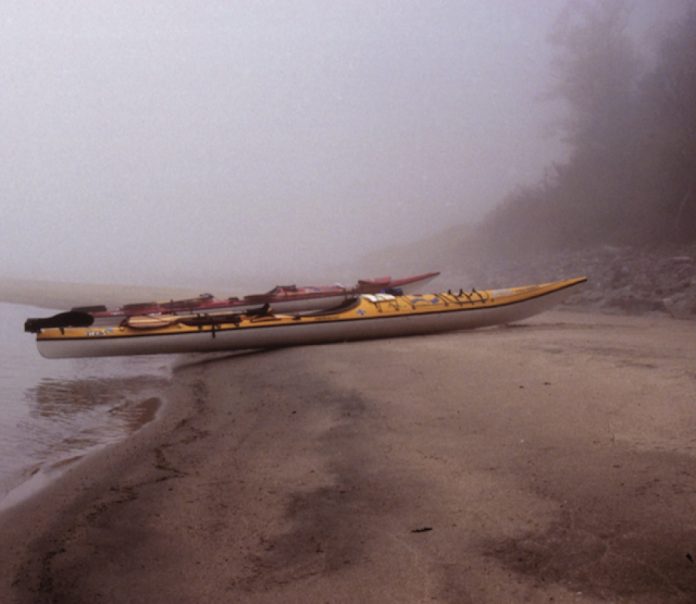
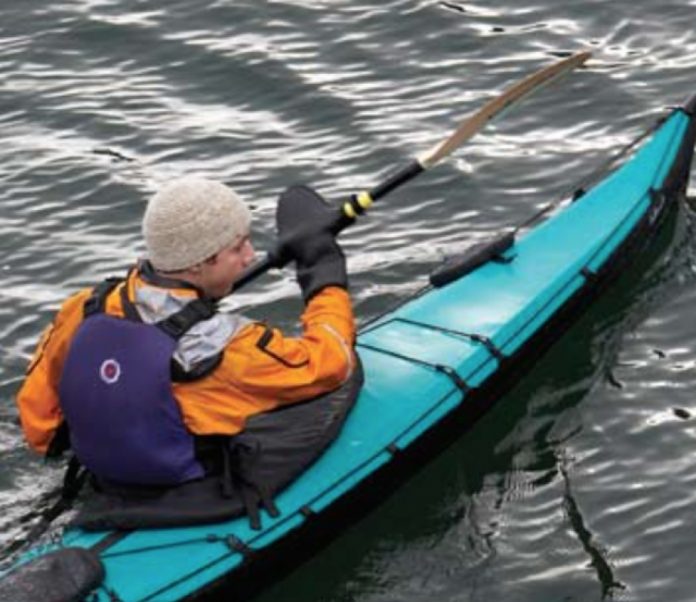
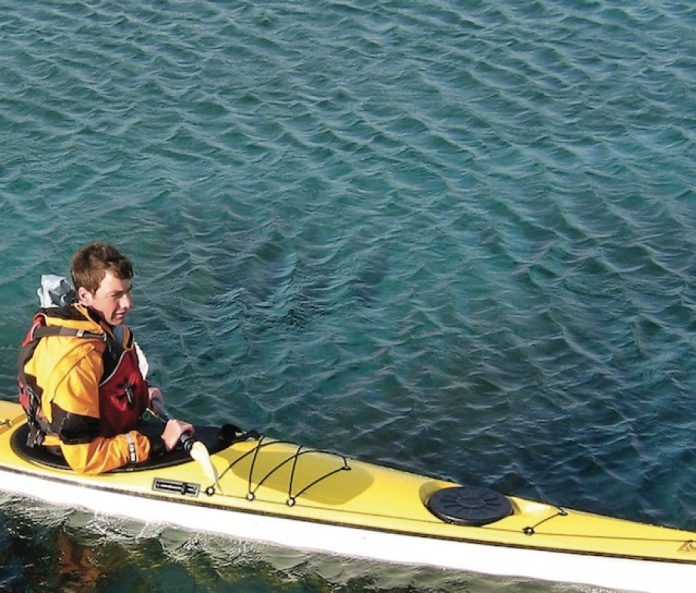
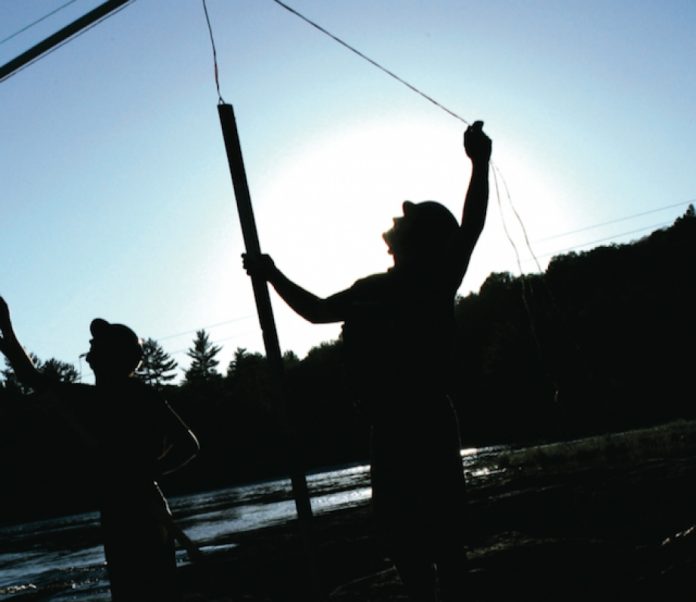
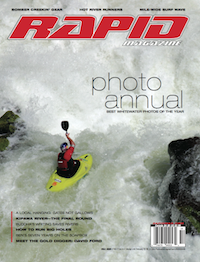 This article first appeared in the Fall 2005 issue of Rapid Magazine. For more great content, subscribe to Rapid’s print and digital editions
This article first appeared in the Fall 2005 issue of Rapid Magazine. For more great content, subscribe to Rapid’s print and digital editions 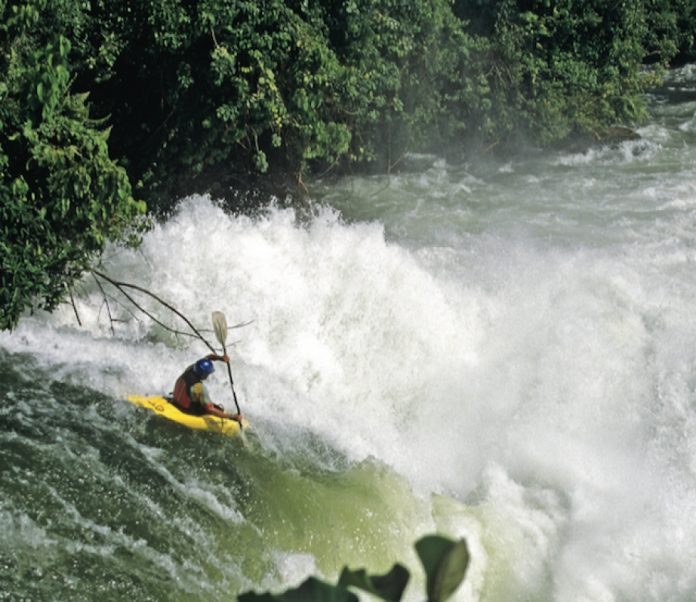
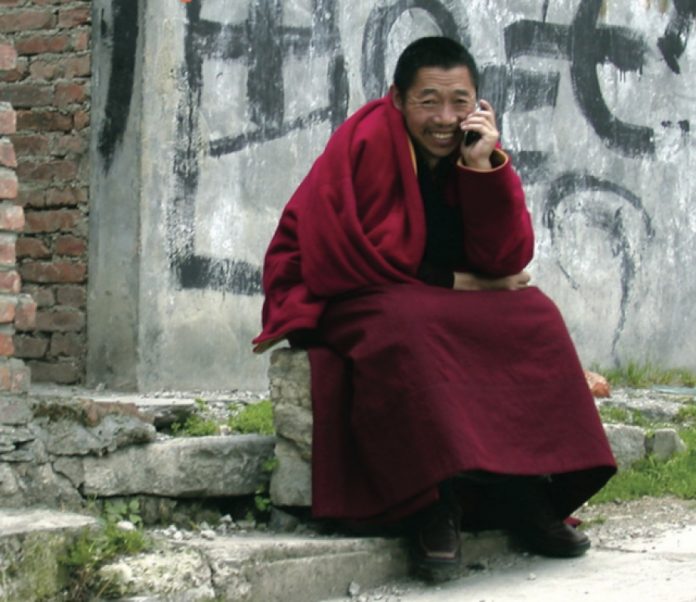
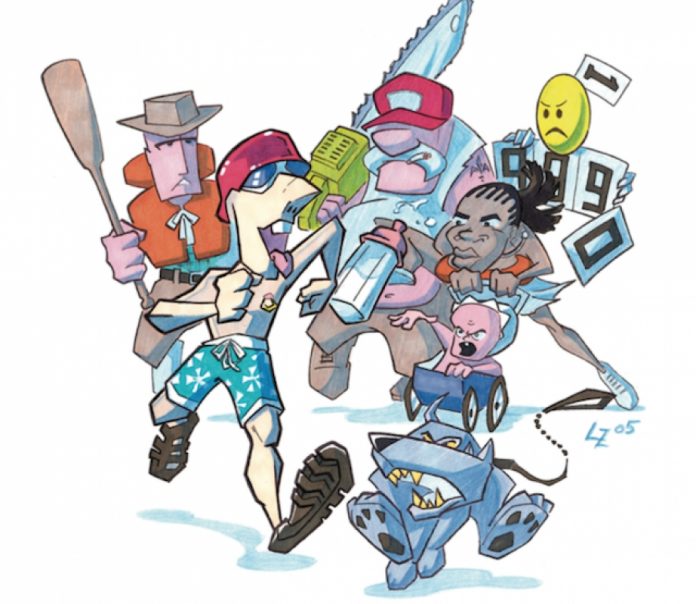
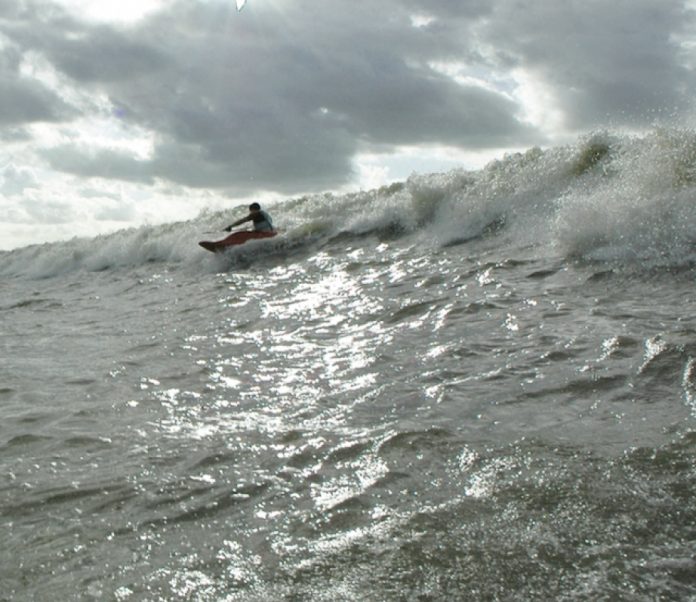
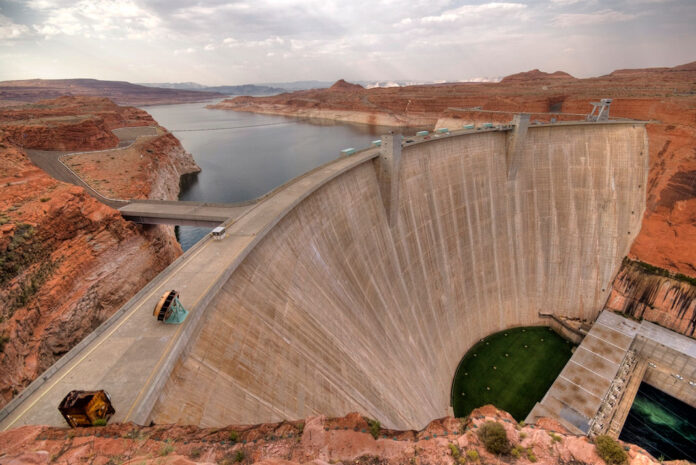
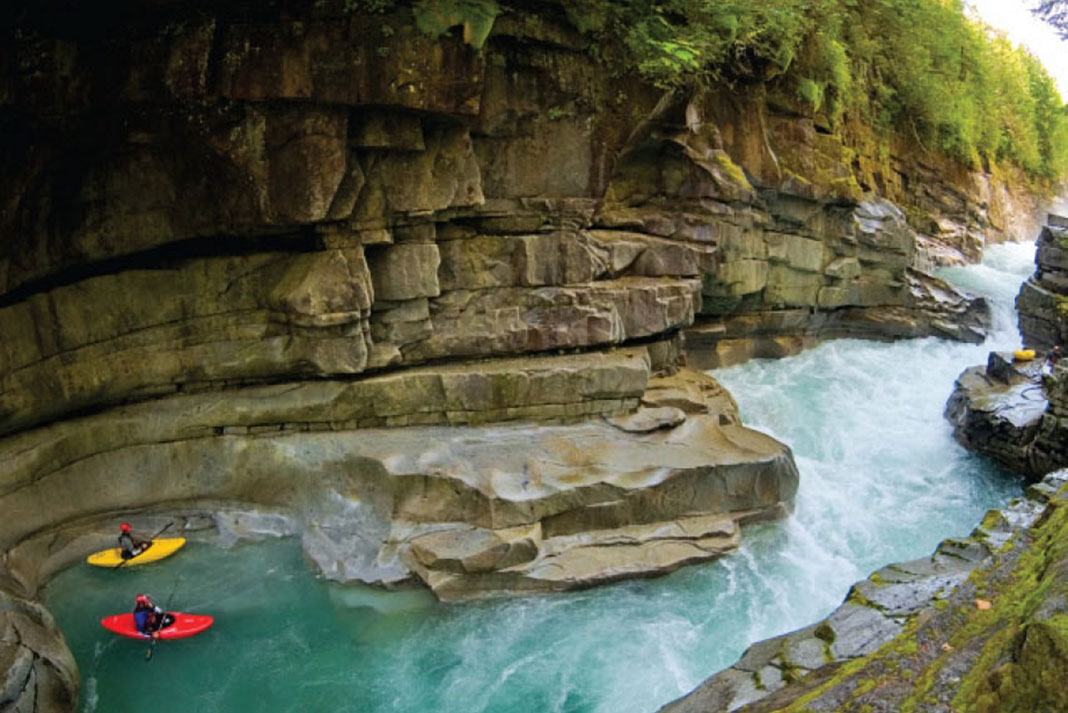

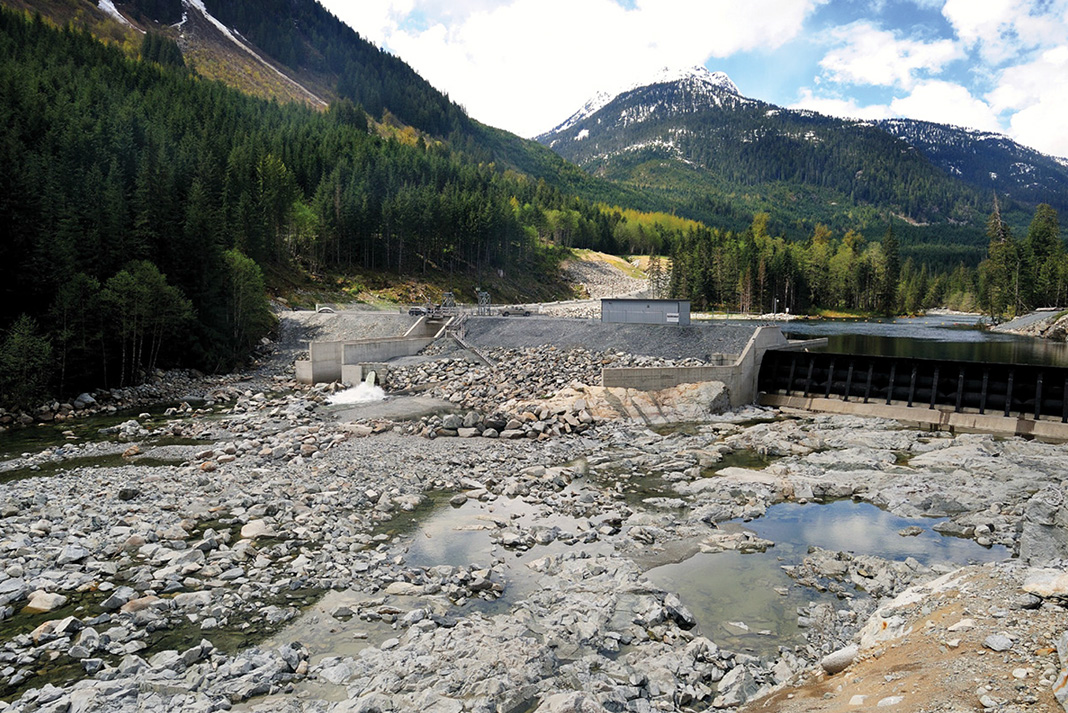
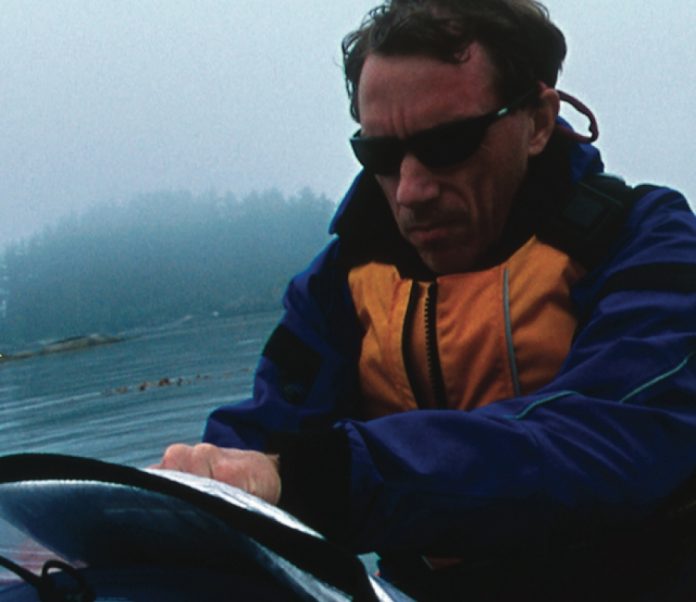
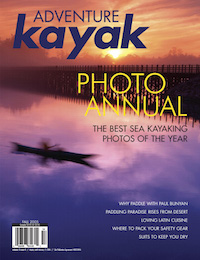 This article first appeared in the Fall 2005 issue of Adventure Kayak Magazine. For more great content, subscribe to Adventure Kayak’s print and digital editions
This article first appeared in the Fall 2005 issue of Adventure Kayak Magazine. For more great content, subscribe to Adventure Kayak’s print and digital editions 